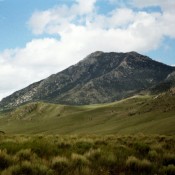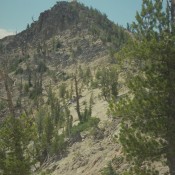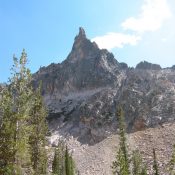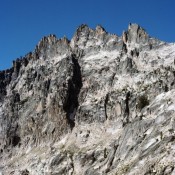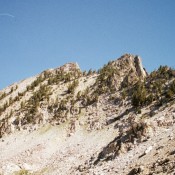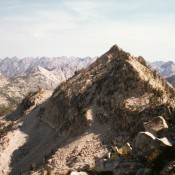
Climbing and access information for this peak is on Pages 204-205 of the book. It has been suggested and historically supported that this peak be named after Arval Anderson. Please refer to the article, Arval Anderson, Early Sawtooth Explorer and Surveyor, in the Idaho Climbing History Section of this website. USGS Mount Everly … Continue reading
